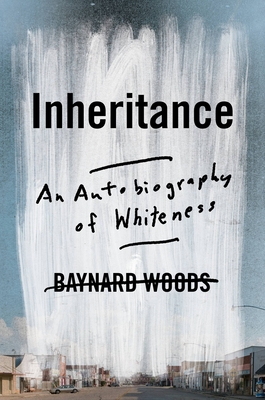What do you think?
Rate this book


352 pages, Hardcover
Published June 28, 2022
“I understood how so many northern whites had been able to wear cotton, profit off it without thinking of the conditions under which it was grown, because I did something similar every day when I used my iPhone with the vague knowledge of the horrible conditions the construction of that device required. But to live in this house in the 19th century, in the middle of a concentration camp, and to consider that way of living the natural, right, and highest form of human life while witnessing and inflicting tremendous suffering every single day—that was almost unimaginable. Who could live among people and believe them to be property? We white people have still not asked this question of ourselves, failing to interrogate the mindset that made us. There is some deeply fucked up shit just a few generations back and it is still destroying us, and we won’t ever be able to look at it as long as we want to heroize men like Thomas Jefferson. By any moral standard, a human who believed he had the right to own other humans is a monster. We have to come to terms with this as a culture, or else we shall remain monsters as individuals, granting ourselves all the same ethical excuses and heroic fantasies that we grant the slavers that we still memorialize.”
“The whites knew how bad the slave system had been and they were terrified that Black people, if they had any power at all, would demand revenge. They were certain of this desire for vengeance because if anyone treated them the way they had treated their slaves, they would be ready to burn down the world. And so they covered the crimes up and enforced the cover-up with violence while trying to claw back as much power as possible. They passed down the cover-up and the attitudes that protect it to their children, where it became history, holy writ, and a replacement of reality.”